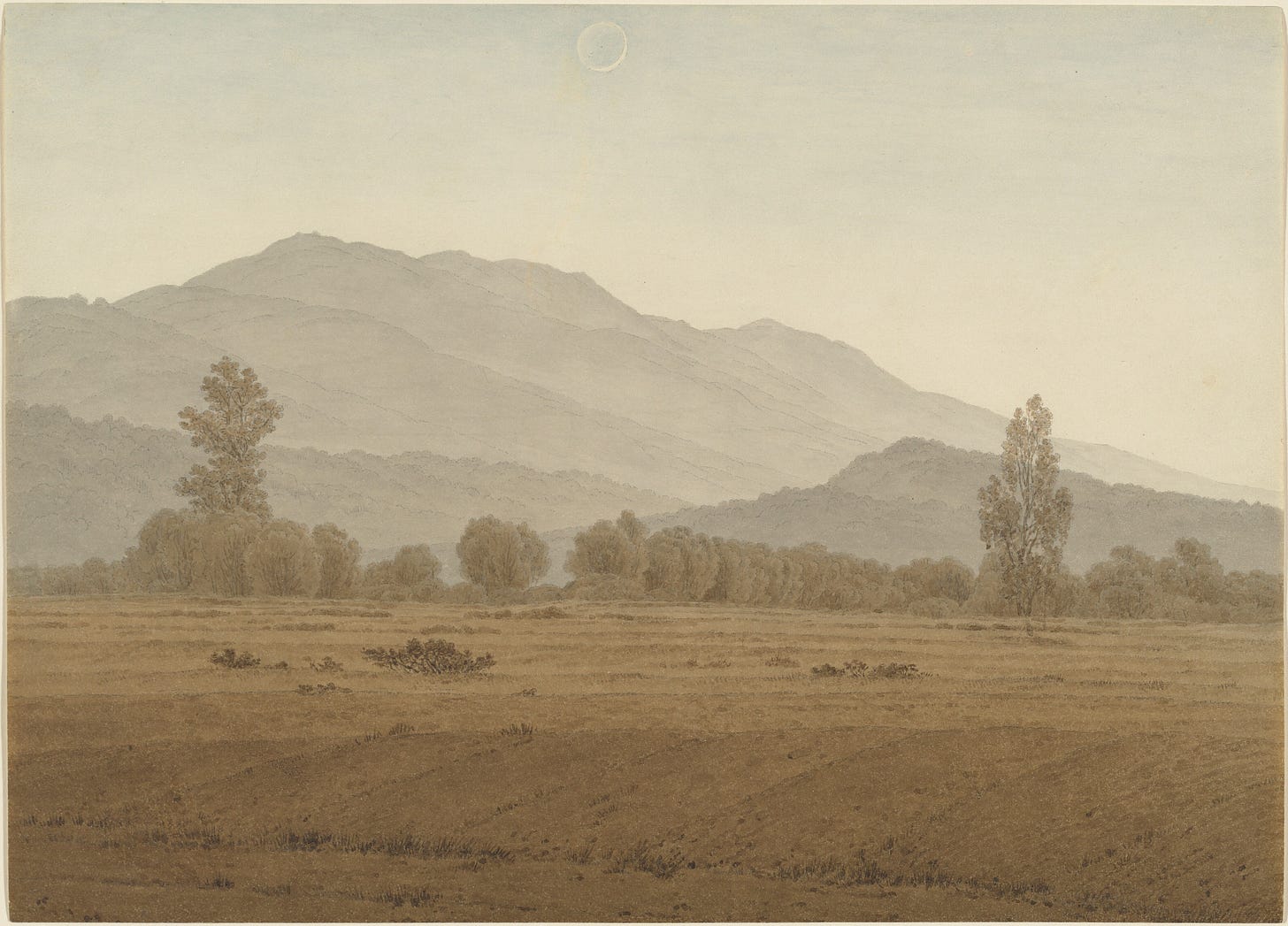
Recently I took a bus to New York City. On the bus ride back, before departing, the driver made a long announcement on all of the tech-related etiquette expected of passengers (please silence cell phones, don’t take calls, only listen to music or videos with headphones on, or if you don’t have headphones, please hold your phone very close to your ear, etc.). As she rattled off the long list, I couldn’t help but reflect on the necessity of such an announcement.
But as the journey unfolded, I only heard one group of women keep up a conversation during the four-and-a-half-hour ride back to Virginia. Everyone else was plugged in with headphones, air pods, and never-ending scrolls, heeding the previously mentioned etiquette, but completely checked out of the environment and people around them.
Not one person read a book.
Since I do not currently have a smart phone, I am always shocked as I watch people almost instantly swipe from one image or video to the next. Now, I will note that I am not fully immune to this phenomenon—I have had social media before and still do find myself scrolling across the wastelands of the internet when on my laptop. But the fact that everyone in public is so glued to their devices, for so long is always a shock to me. The only people on the bus not on their phones were those trying to sleep. It is as if there were no other way to pass the time but scroll or sleep.
But what of conversations? What of watching the sights pass by? What of page turning novels? Of crossword puzzles? Of writing? What of silent reflection?
Where do we see eyes that sparkle and shine, betraying a mind filled with amusement, insight, and life?
As I sat on the bus, I tried to give my fellow passengers the benefit of the doubt and consider that perhaps they were scrolling because the bus effectively cut them off from other pursuits, leaving them with nothing better to do. Maybe they were indulging in a relatively unknown guilty pleasure as they patiently waited to arrive at their destination.
But it’s not true that there was nothing else to do on the bus.
While the sun was up, I was busy devouring the book I had brought with me, underlining pithy sentences and chuckling quietly at passages that tickled my fancy. Then, though the sun was setting, I pulled out my pen and jotted down a rough draft of these thoughts, though barely able to see the words on the page. Later, as darkness settled in, I watched the cars pass by and quietly reflected on the adventures and experiences of the day.
My fellow passengers weren’t without other possible occupations. Rather, they had chosen the fast food, the easy sedative, the path of least resistance.
When we return again and again to what is good, true, and beautiful, we allow our souls to be nurtured. Over time, our hearts and souls are molded to the good, true, and beautiful.
Likewise, so it is when we return again and again to the fast, the cheap, the flashy. But here, instead of being nurtured, our souls are eaten away and eventually decay.
Though once we could easily find soul enriching ways to pass a four-hour bus ride, now the only thing able to capture our attention is endless scrolls.
Be a rebel. Read in public. Write in the dark. Muse.
The real reason behind my trip to NYC was to see an exhibition at the Met dedicated to the German Romantic artist Caspar David Friedrich. I was pleasantly surprised at the number of people slowly making their way through the exhibit, stopping and pausing quietly before each picture. Though there were many phones out, capturing pictures of young men posing awkwardly beside a Sea of Fog or blurry mockeries of Friedrich’s masterpieces, I was still hopeful seeing people linger in reverent silence. Though not subversive, flashy, or avant-garde, his simple sticks and stones demanded attention. Below are some musings I wrote on the bus ride back home in the fading twilight, while pondering the pieces I had seen earlier.
To Caspar David Friedrich
I have loved them too.
A glimpse is all it takes to tell me that you, also, have gazed again and again at the same scenes around you.
A stone. A tree. The moon. They have called you back, time and time again. They are ever ancient, ever new. You loved the mountains. You loved the mist, slowly rising from the water at the break of day.
Where others passed a tree, you stopped and saw it.
Time and time again, it called you back.
Now, two-hundred years later, that same stone, that same tree, that same moon, call us back and we stand in awe, clustered around, pulled back into the moment of your final brushstroke.
Your sense of wonder commands us still. It forces us to reconsider the simple fragments of nature around us.
Others gave us gaudy portraits or luscious bowls of fruit. You gave us gnarled boughs and stony outcroppings.
I have seen your valleys and your sunsets. I have seen your rolling mountains, receding into the never-ending distance.
Across the expanse of time, I have seen those colors in my own life, my own valley, my own natural sanctuary.
How have you captured the landscapes of my own heart?



Ah, the timeless voyage to New York—my bus broke down on the return last time, as if the city wasn’t quite ready to let me go.